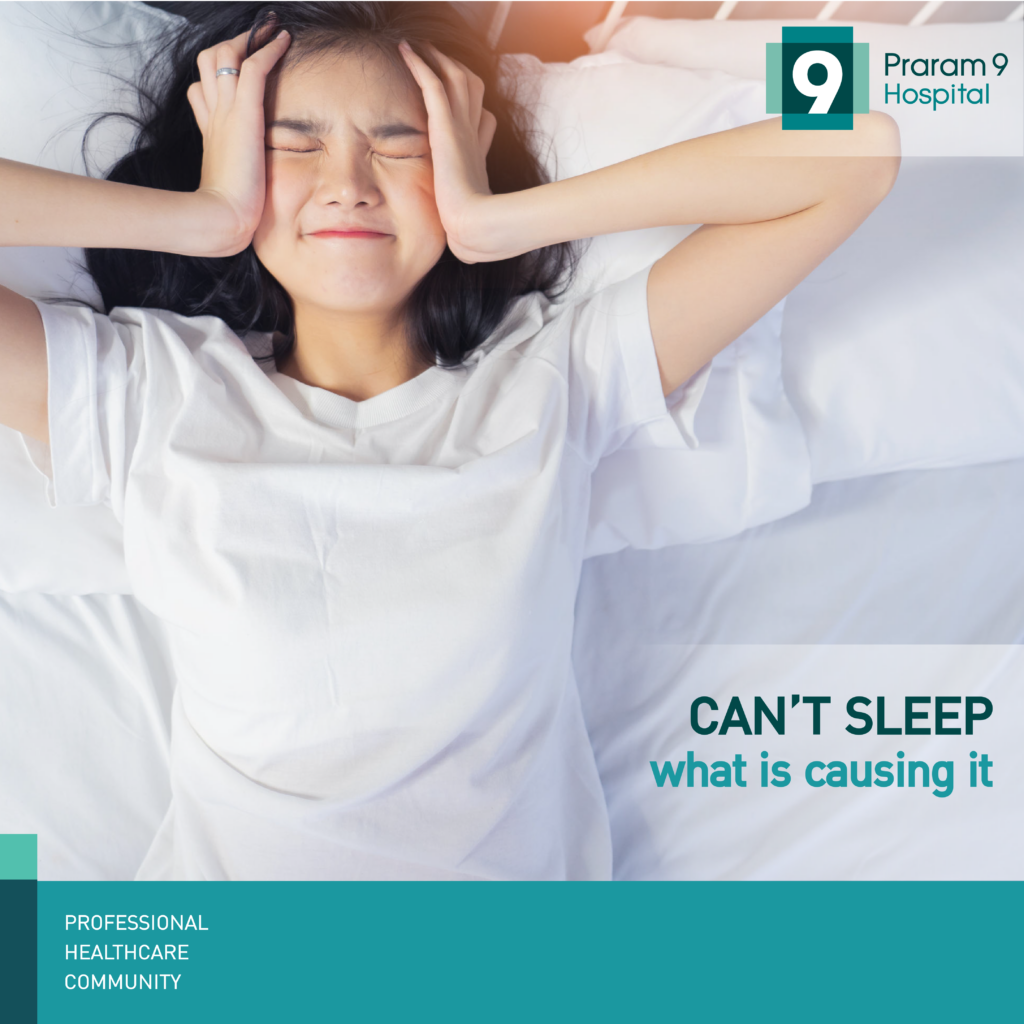Can’t sleep! What is causing it?
Insomnia consists of various symptoms, all contributing to making it difficult to fall asleep. These symptoms cause an individual to experience difficulty falling asleep or staying asleep for extended amount to time. As a result of not getting adequate time of rest or even when the individual is able to get enough time to sleep, the quality of sleep will be poor which will affect their daytime physical and mental condition.
How insomnia affect their daytime condition?
Our body use our rest period as the time to recover, to heal and to fix various damages we have sustain during the day. Whether we have a wound from a cut or muscles tears from exercising that need healing all the way to maintaining the chemical balance internally to reduce stress and mental fatigue from work, without quality sleep, we will not be able to be at our best during the day. Symptoms we might experience include:
1. Lack of energy
2. Easily tired.
3. Lack of concentration and focus
4. Poor memory and lack of interest in activities
5. Anxiety about nighttime sleep.
6. Unusual emotional fluctuation such as easily irritated or angry.
What causes insomnia?
Insomnia can be link to physical and emotional factors or personal medical condition which are causing chronic sleeping problems for the individual. However, temporary or short-term insomnia can be caused by:
1. The internal body clock is disrupted such as when we travel overseas and the body need time to adjust to the new environment and time zone, also know known as jet lag, or jobs that affect sleeping hours.
2. Inconducive sleeping condition, i.e. noise, not dark enough, uncomfortable temperature or sleeping area.
3. Emotional conditions such as the patient is too stress, depress or anxious during sleeping time.
4. Medical condition affecting sleep such as acid reflux, respiratory condition, cough, Parkinson’s diseases or other condition that might create pain and discomfort to an extend of unable to properly fall asleep
5. The use of certain medication such as pseudoephedrine, phentermine and terbutaline.
6. Consumption of alcoholic drinks or caffeinated beverages.
7. Smoking
8. Age. As we grow older, the deteriorating condition of our body as well as the level of hormone that is getting lower can affect our sleep.
If you are experiencing difficulty falling asleep, waking up in the middle of the night, unable to get back to sleep after waking up or waking up feeling tired and lack concentration, you should make an appointment with the doctor for an appropriate treatment.






